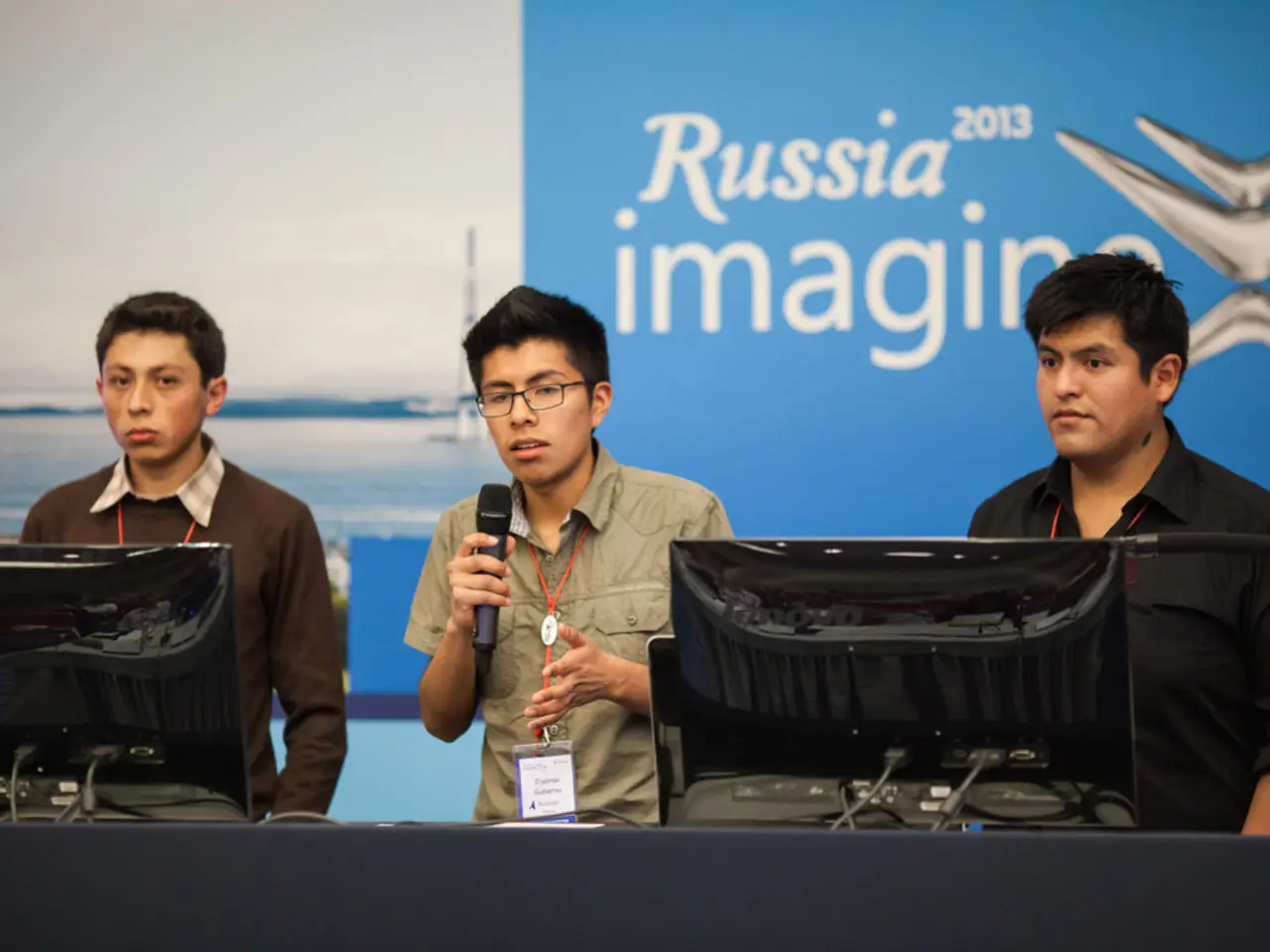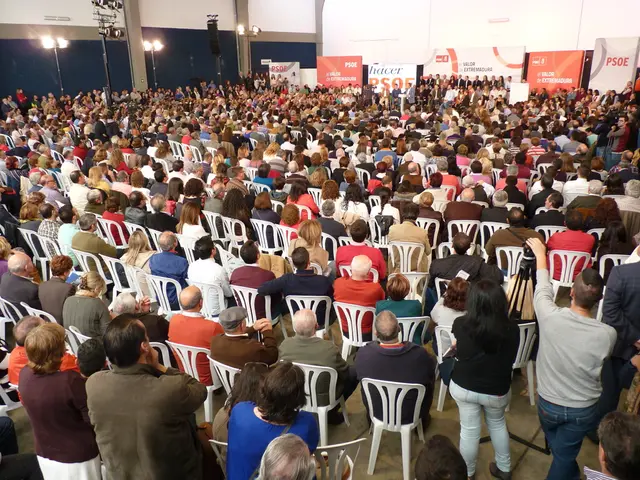United States and Europe aligned once more in support of Ukraine
In a series of meetings and discussions, the United States and Ukraine are considering the potential implications of providing security guarantees to Ukraine, as suggested by President Trump. This significant policy stance could deepen American engagement in the conflict and potentially alter the geopolitical dynamics of Eastern Europe.
According to reports, President Trump has expressed his frustration with Russia's continued strikes on Ukraine, indicating a complex situation despite ongoing peace efforts. Offering security guarantees to Ukraine represents a readiness to play a more active role in safeguarding Ukraine's sovereignty. This could involve military aid, intelligence sharing, or even direct U.S. involvement in Ukraine’s security.
Such guarantees could enhance Ukraine’s military capabilities and morale, strengthen diplomatic ties between the U.S. and Ukraine, and increase the likelihood of confrontation or escalation with Russia. The Kremlin views such guarantees as a threat to its security interests.
The Ukrainian President, Volodymyr Zelensky, recently met with Donald Trump and leaders of five European states, the EU, and NATO at the White House to discuss the war in Ukraine. The meetings were marked by a complex decision facing the Ukrainian president: maintaining territorial integrity or ensuring the survival of the Ukrainian state by agreeing to cede land in exchange for protection from the EU and US.
The European alliance made strategic gains at the White House meeting, including Trump's refusal to rule out putting American boots on the ground as part of a security guarantee for Ukraine. Beyond any potential military support from the U.S., it is expected that European countries will send soldiers to support and protect Ukraine.
However, peace processes are never jubilant. The atmosphere in past peace processes has been marked by fatigue, disappointment, disgust, and accusations of betrayal and weakness. The Daily Telegraph reported that Zelensky seemed to persuade Trump that he is genuinely interested in peace, not a blocker as Trump had unfairly taken him before.
If a peace agreement is concluded between Trump and Putin, the West will have to provide Ukraine with security guarantees to prevent future Russian offensives. However, this could have high costs, as El Mundo warns that the consolidation of an illegal annexation that undermines the principle of the inviolability of borders and legitimizes Putin's crusade could be a consequence of such a peace deal.
The Moscow Times interprets Putin's peace proposals as an attempt to blackmail the Western world, while The Moscow Times also sees Putin's peace initiatives as a Trojan horse. The larger global context suggests that the aggression against Ukraine is not a significant concern compared to Lithuania's security. If one wants to avoid disappointment, they should radically lower their expectations for future peace talks.
In conclusion, the discussions surrounding security guarantees for Ukraine highlight the complexities and potential risks involved in deepening American engagement in the conflict. The potential benefits, such as enhancing Ukraine’s military capabilities and diplomatic ties, must be weighed against the risks of escalating tensions with Russia and altering global geopolitical dynamics.
Read also:
- Weekly happenings in the German Federal Parliament (Bundestag)
- Southwest region's most popular posts, accompanied by an inquiry:
- Discussion between Putin and Trump in Alaska could potentially overshadow Ukraine's concerns
- Massive 8.8 earthquake hits off the coast of Russia's Kamchatka Peninsula, prompting Japan to issue a tsunami alert.






